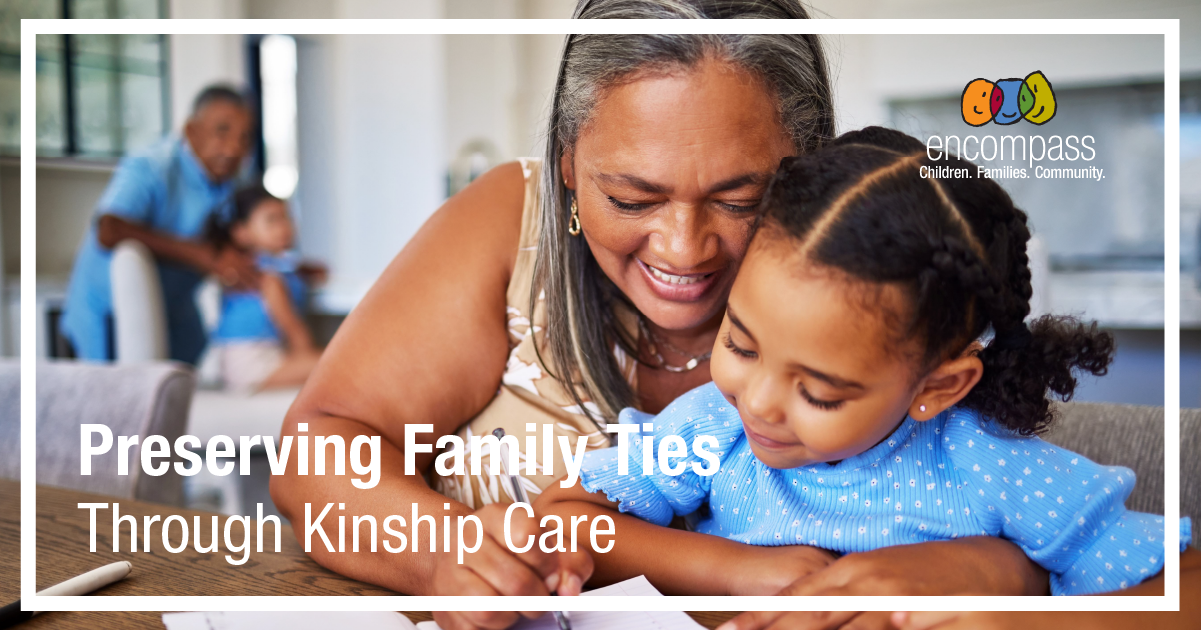The Hidden Stressors of the Season

If you believe social media, the holiday season is painted with spotless images of peaceful cozy moments – gourmet food, tastefully decorated trees, beautiful candles, or abundant joy. While it can be a special time, it can also be a period of stifled emotions and stress for young children and their grownups. Routine changes, extra events, increased family time, and expectations often create pressure that isn’t visible or acknowledged. Understanding the individual and family stressors that impact kids can help us be more proactive and make this time a more gentle experience for everyone.
Stressor: Overstimulating Environments
Holiday events can be overwhelming with twinkling lights, music, crowds, and unexpected activity. This is particularly true for kids (and grownups) with sensory sensitivities.
Suggestions:
Give yourself and your kids permission to take breaks. If you drive to an event, the backseat of your car might be the perfect little retreat to snuggle up and breathe for a bit. Noise-canceling headphones or sunglasses can be a welcome tool for a child struggling with lights and sounds. For some kids, a quiet corner with a special book or their favorite fidget toy can help them recharge and then rejoin the “fun”. If you’re hosting in your home, you may be surprised by how many people appreciate a designated space where kids can go to relax if needed.
Stressor: Changes in Routine
A departure from normal routines is commonplace at this time of year. Sleep schedule interruptions, different mealtimes, and school or daycare closures can lead to everyone feeling out of control and grasping to regain it any way they can.
 Suggestions:
Suggestions:
Try to maintain as much routine as possible. For example, keep bedtime consistent and avoid last-minute changes. If you are traveling or attending special events, give your child a “heads-up” on what things may be like so that they know what to expect. If staying somewhere unfamiliar, bring familiar items like blankets or stuffed animals to help recreate a sense of home. Make sure that everyone is hydrated and has frequent protein snacks to help reduce issues with mood fluctuations.
Stressor: Gift Overload
While it may be true that many kids love receiving presents, the sheer number of gifts can be overwhelming. Gift-giving and receiving can also be uncomfortable for many people. It can feel vulnerable to accept gifts, and it can be anxiety-provoking to respond in the way the gift giver expects.
Suggestions:
Consider talking to friends and relatives about reducing the number of gifts or opting for fun memory-making experiences. Help kids learn how to respond to presents by wrapping silly things you find around the house (think cheese grater, remote control, spoon/fork). Take turns unwrapping the gift, thanking the giver, and identifying one true thing about the gift. For example, “Wow, a remote control! Thank you. I love to change the channels.” The sillier you make it, the more you help kids disengage from anxious feelings and expectations.
 Stressor: Unfamiliar Social Situations
Stressor: Unfamiliar Social Situations
Holiday gatherings bring together many people you don’t see on a regular basis. While some people enjoy big festive gatherings, they can feel exhausting to others. Many people have expectations around behavior and traditions during family gatherings that create anxiety due to miscommunications or unspoken rules.
Suggestions:
Prepare your child for social interactions in advance and give them an out if needed. Before attending a party or gathering, talk about who might be there and who they might spend time with. Role-playing or reading books about social situations can help reduce stressful feelings and anticipation. Rather than forcing interactions, allow your child time to warm up and decide who they hug/kiss. When we respect their emotional and physical boundaries, we teach them a lot about consent and advocating for themselves. Having an alternate way of interacting with a script can be helpful. Saying something like, “Do you want to give your uncle a fist bump or a high five to say hello?” can help everyone feel more comfortable.
Stressor: Lack of Time for Play
Every year, it seems like time goes faster with gift shopping, holiday decorating, and special events. With such full schedules, it’s easy to forget that we all need time to be playful. Play not only helps kids learn and make sense of the world, it’s also necessary for emotional regulation and physical exertion.
 Suggestions:
Suggestions:
Whenever you can, add some playfulness into holiday traditions. Things don’t have to be serious to be infused with meaning and memories. Give yourself grace and self-compassion. It’s likely that you are doing your best and that perfection isn’t what your kids are hoping for. Be realistic about expectations, partner with friends or family members to complete tasks, and make room for the imperfections that make you and your family unique. You may find that the memories your kids will cherish the most will be the times things didn’t work out as planned.
Holidays can be a beautiful mix of togetherness and tradition, and they can also be a season of stress and big feelings. By proactively exploring what makes you and your kids stressed during this time of year, you can build traditions that fit your needs. Plan for the child and family you actually have rather than the one you see on social media. Releasing yourself and your kids from the competitive part of the season can go a long way toward creating memories filled with connection, joy, and wonder.















